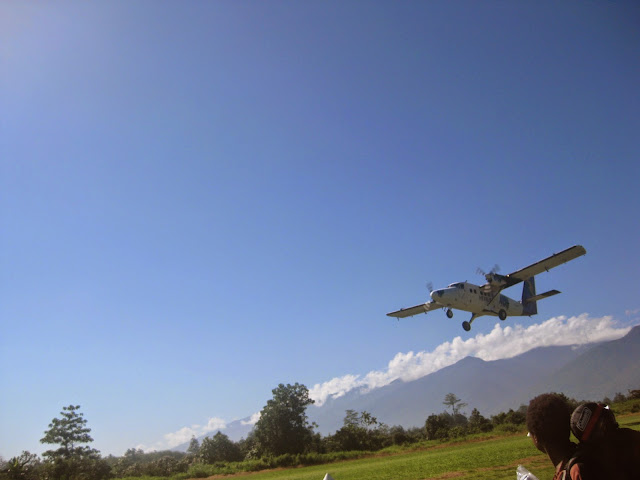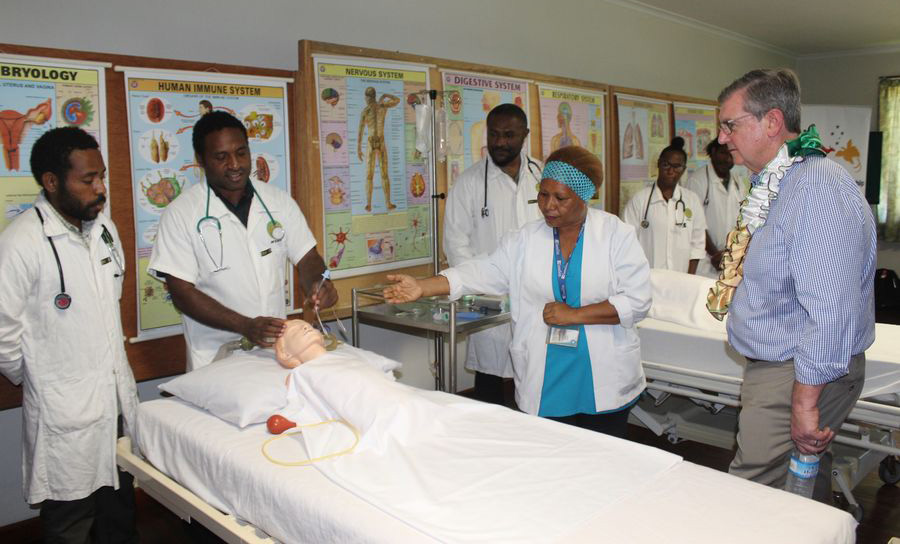The year was 1997. Sir Julius Chan was prime minister for almost 32 months. Bougainville crisis was in its 9th year. His Story – Sir J’s 12 days to his resignation as the PM of Papua New Guinea.
1. 16th March: Beginning of Operation Rausim Kwik. On the night of 16 March 1997, the revolt began. By the time the night was over, the entire band of Sandline mercenaries had been disarmed and arrested. Prime Minister Chan did not find out until the next morning.
2. 17th March: PNG Defence Force Commander, Brig. Gen. Jerry Singirok demanded Sir Julius Chan (PM), Chris Haiveta (DPM) and Mathias Ijape (Defence minister) resigned within 48 hours (2 days); The prime minister Sir Julius Chan reacted by sacking BG J. Singirok, replacing him with CONTROVERSIAL Colonel Alfred Aikung.
3. 18th March: A boycott of classes began at the University of Papua New Guinea, in support of Singirok. Crowds of civilians blocked the roads around the barracks, and bomb hoaxes closed down government departments.
4. 19th March: 48th hour ultimatum expired, the protests turned violent, and some looting began. The situation grew darker for Chan when the Governor-General, Sir Wiwa Korowi, took out a newspaper advertisement that also accused the government of widespread corruption.
5. 20th March: The Australian government sent emissaries to Port Moresby, and threatened to withdraw financial aid altogether if the Sandline deal was not cancelled.
6. 21st March: All Sandline's personnel, with the exception of Tim Spicer, who remained to give evidence to the inquiry, were withdrawn.
7. 22nd March: Civil strike continued, UPNG students met at forum square every day; Speaker of Parliament and former Prime Minister Sir Rabbie Namaliu met with Chan and Singirok, and advised the latter (JS) that two of his demands had been met, and that Chan would resign only at the wish of Parliament.
8. 23rd March: Major Walter Enuma, a key Singirok supporter, said "We would like to see this thing off the streets and back into the political arena."
9. 24th March: Chan’s grip on power was fast eroding; 5 NEC ministers resigned, Sir Wiwa Korowi (GG) and Church leaders reiterated call for Chan to step aside pertaining to CoI into Sandline Crises.
10. 25th March: March Parliament session began, Bill Skate was ready to bring forth a motion calling on Chan to RESIGN. Sir Michael Somare amended Skate's motion, so it only called upon Chan to STEP DOWN for the period of the inquiry.
11. March 26th: Demonstrators celebrated the news that Prime Minister Sir Julius Chan had just "stepped aside."
12. 27th March: Chan realised that his position was hopeless. John Giheno appointed acting PM.
The success of Operation Rausim Kwik was a victory for every Papua New Guinean from Buin to Bewani and Manam to Yalibu.












